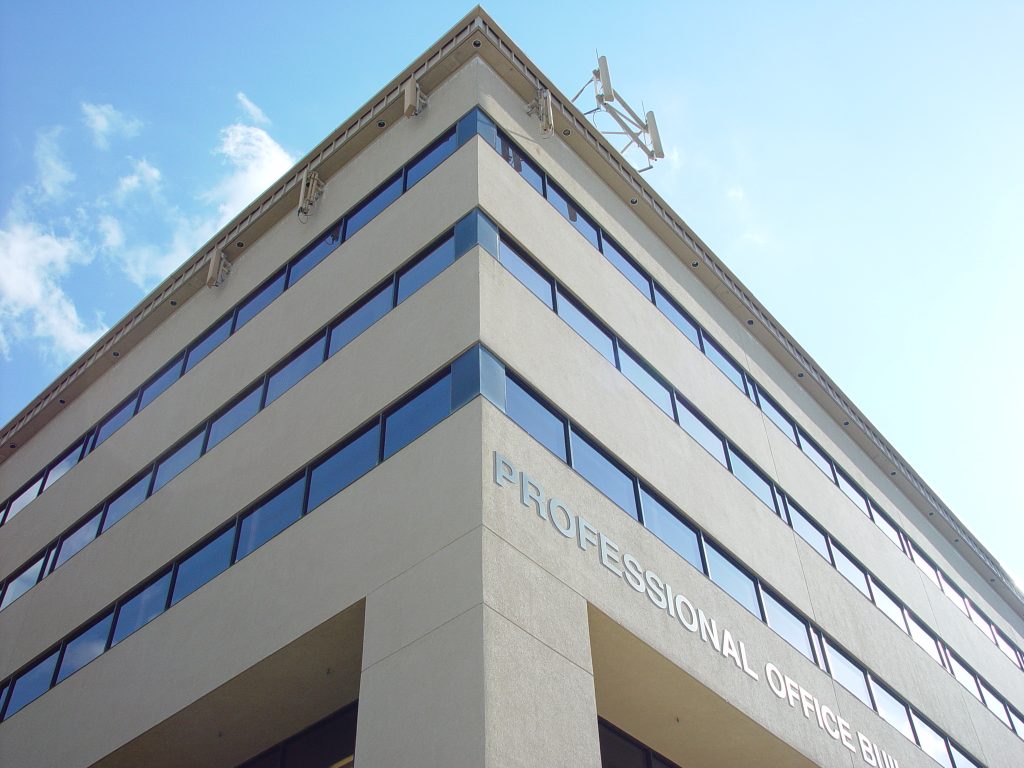 When we think of the practice of law, we may think of flashy lawyers in the courtroom arguing against one another with impassioned rhetoric. In reality, the law practice is not that glamorous. In many cases, there are no trials, and a judge simply hands down a judgment without any theatrics. Summary judgment is an example. Summary judgments occur when there are no factual disputes between parties, thus forgoing the need for a trial. However, to obtain summary judgment, a party must file a motion for summary judgment. In the case below, we will see how a Louisiana Appellate Court decided that the District Court erred in granting a motion for summary judgment.
When we think of the practice of law, we may think of flashy lawyers in the courtroom arguing against one another with impassioned rhetoric. In reality, the law practice is not that glamorous. In many cases, there are no trials, and a judge simply hands down a judgment without any theatrics. Summary judgment is an example. Summary judgments occur when there are no factual disputes between parties, thus forgoing the need for a trial. However, to obtain summary judgment, a party must file a motion for summary judgment. In the case below, we will see how a Louisiana Appellate Court decided that the District Court erred in granting a motion for summary judgment.
Carolyn C. Harris had terrible stomach pains and went to Our Lady of the Lake Regional Medical Center to receive treatment. Her first doctor, Dr. B, examined her on December 29, 2008, and scheduled a colonoscopy the next day. However, due to unanticipated conflicts, the colonoscopy was rescheduled for January 5. In the meanwhile, Harris began to suffer from a respiratory illness and was moved to the ICU. On January 5, 2009, her second doctor, Dr. C, performed the delayed colonoscopy. During the colonoscopy, Harris’s colon was perforated. She began to vomit, and soon after, she went into cardiac arrest and died. Harris’s representatives sued the doctors for medical malpractice, but the doctors responded with a motion for summary judgment, which the District Court granted. Harris’s representatives appealed.
In Louisiana, summary judgment is applicable only when there are no factual disputes between the parties according to the evidence submitted. Also, the person filing the motion for summary judgment must be able to obtain a judgment under the applicable law. La. C.C.P. art. 966(B)(2). The applicable law, in this case, is the list of requirements for a plaintiff to file a claim for medical malpractice. A plaintiff suing for medical malpractice must show by a preponderance of the evidence that there was a standard of care applicable to the defendant, that the defendant failed to meet that care, and the failure to meet that care led to the injury or death. La. R.S. 9:2794. For a defendant to succeed in a summary judgment motion in a medical malpractice case, the defendant has to show that the plaintiff cannot show at trial at least one of the above through the preponderance of evidence.
 Having surgery is always a stressful situation. Nobody wants to leave the hospital only to return a short time later from complications due to the first surgery. This is unfortunately what happened to Mr. James Nelson, who sued his surgeon, Dr. F, in East Baton Rouge Parish. So, what happens when you develop a new medical condition after your surgery?
Having surgery is always a stressful situation. Nobody wants to leave the hospital only to return a short time later from complications due to the first surgery. This is unfortunately what happened to Mr. James Nelson, who sued his surgeon, Dr. F, in East Baton Rouge Parish. So, what happens when you develop a new medical condition after your surgery? Louisiana Personal Injury Lawyer Blog
Louisiana Personal Injury Lawyer Blog


 In the aftermath of suffering injuries from medical malpractice, filing a suit might not be at the top of your list. However, in order to maximize your chance of recovery, it is imperative that you timely file your claim without delay. So what happens when you do not file a suit quickly enough?
In the aftermath of suffering injuries from medical malpractice, filing a suit might not be at the top of your list. However, in order to maximize your chance of recovery, it is imperative that you timely file your claim without delay. So what happens when you do not file a suit quickly enough? The birth of a child is something many soon-to-be parents look forward to with both excitement and nervousness. Concern for the health and safety of both mother and child are common, and often, unnecessary. Sadly, this is not always true. In the case of one Terrebonne Parish family, the arrival of a baby girl was accompanied by an unfortunate medical mistake. The family’s medical malpractice claim raised important distinctions in assessing and apportioning damages as it moved into the Louisiana First Circuit Court of Appeal.
The birth of a child is something many soon-to-be parents look forward to with both excitement and nervousness. Concern for the health and safety of both mother and child are common, and often, unnecessary. Sadly, this is not always true. In the case of one Terrebonne Parish family, the arrival of a baby girl was accompanied by an unfortunate medical mistake. The family’s medical malpractice claim raised important distinctions in assessing and apportioning damages as it moved into the Louisiana First Circuit Court of Appeal.  When someone decides to have surgery, they do not typically anticipate a lawsuit arising out of that surgery. Typically, a headache is not a common side effect of getting a new joint implanted into a toe, but when issues of joinder and diversity jurisdiction complicate a lawsuit, a headache is what the patient gets. Unfortunately, that’s exactly what happened to a patient in eastern Louisiana. Kale Flagg had an unsuccessful toe-joint replacement surgery and filed a lawsuit in state court asserting medical malpractice claims against Dr. Denise Elliot and a product defect claim against both Stryker Corp. and Memometal Inc. USA.
When someone decides to have surgery, they do not typically anticipate a lawsuit arising out of that surgery. Typically, a headache is not a common side effect of getting a new joint implanted into a toe, but when issues of joinder and diversity jurisdiction complicate a lawsuit, a headache is what the patient gets. Unfortunately, that’s exactly what happened to a patient in eastern Louisiana. Kale Flagg had an unsuccessful toe-joint replacement surgery and filed a lawsuit in state court asserting medical malpractice claims against Dr. Denise Elliot and a product defect claim against both Stryker Corp. and Memometal Inc. USA.  Deadlines matter. They matter in all areas of life, but in the legal world, missing a deadline can determine whether legal action will move forward or not. With every cause of action, there are time frames for filing claims and appeals and oftentimes—even in situations where recovery seems necessary or deserved—courts will dismiss cases filed outside these time frames. In a lawsuit against Rapides Regional Medical Center (Rapides Regional), Mrs. Susanna Duckering learned this lesson the hard way.
Deadlines matter. They matter in all areas of life, but in the legal world, missing a deadline can determine whether legal action will move forward or not. With every cause of action, there are time frames for filing claims and appeals and oftentimes—even in situations where recovery seems necessary or deserved—courts will dismiss cases filed outside these time frames. In a lawsuit against Rapides Regional Medical Center (Rapides Regional), Mrs. Susanna Duckering learned this lesson the hard way.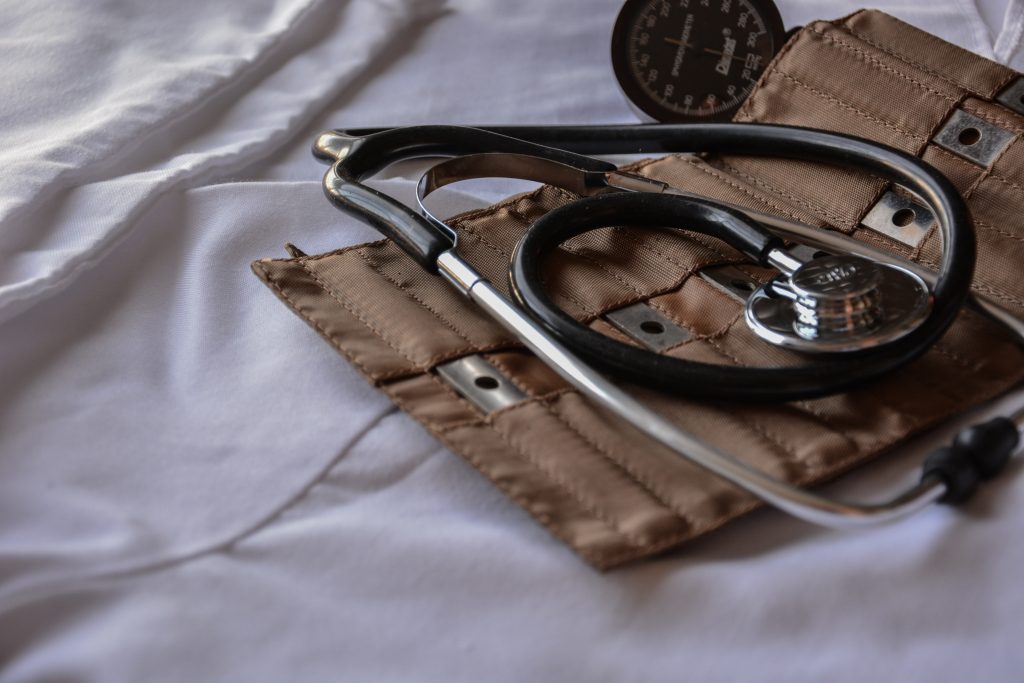 Every medical professional has a standard of care he or she must adhere to. No one wants to deal with the failure to meet this standard of care, but oftentimes, life puts us in unfortunate situations. When we suffer injuries—or worse—at the hands of those who are supposed to treat, heal, or diagnose us, medical malpractice can help provide compensation. In a recent case appealed to the Court of Appeal for the Third Circuit of Louisiana, a medical malpractice claim was made against the Louisiana State University Health Systems Moss Regional Medical Center (“Moss Regional”).
Every medical professional has a standard of care he or she must adhere to. No one wants to deal with the failure to meet this standard of care, but oftentimes, life puts us in unfortunate situations. When we suffer injuries—or worse—at the hands of those who are supposed to treat, heal, or diagnose us, medical malpractice can help provide compensation. In a recent case appealed to the Court of Appeal for the Third Circuit of Louisiana, a medical malpractice claim was made against the Louisiana State University Health Systems Moss Regional Medical Center (“Moss Regional”). When we think of the practice of law, we may think of flashy lawyers in the courtroom arguing against one another with impassioned rhetoric. In reality, the law practice is not that glamorous. In many cases, there are no trials, and a judge simply hands down a judgment without any theatrics. Summary judgment is an example. Summary judgments occur when there are no factual disputes between parties, thus forgoing the need for a trial. However, to obtain summary judgment, a party must file a motion for summary judgment. In the case below, we will see how a Louisiana Appellate Court decided that the District Court erred in granting a motion for summary judgment.
When we think of the practice of law, we may think of flashy lawyers in the courtroom arguing against one another with impassioned rhetoric. In reality, the law practice is not that glamorous. In many cases, there are no trials, and a judge simply hands down a judgment without any theatrics. Summary judgment is an example. Summary judgments occur when there are no factual disputes between parties, thus forgoing the need for a trial. However, to obtain summary judgment, a party must file a motion for summary judgment. In the case below, we will see how a Louisiana Appellate Court decided that the District Court erred in granting a motion for summary judgment.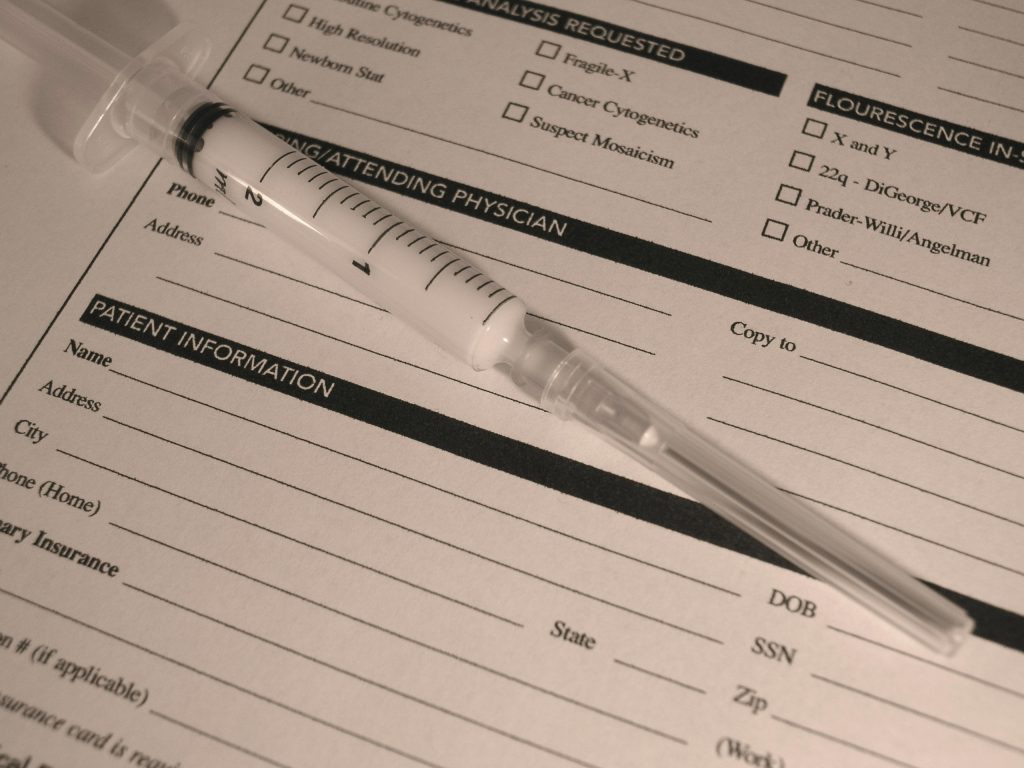 Time governs our lives. It also governs the law. If you have been injured and decide to file a claim, there is generally a time limit to do so. If you do not file within this time, you may never get your claim heard. The case below is an example.
Time governs our lives. It also governs the law. If you have been injured and decide to file a claim, there is generally a time limit to do so. If you do not file within this time, you may never get your claim heard. The case below is an example.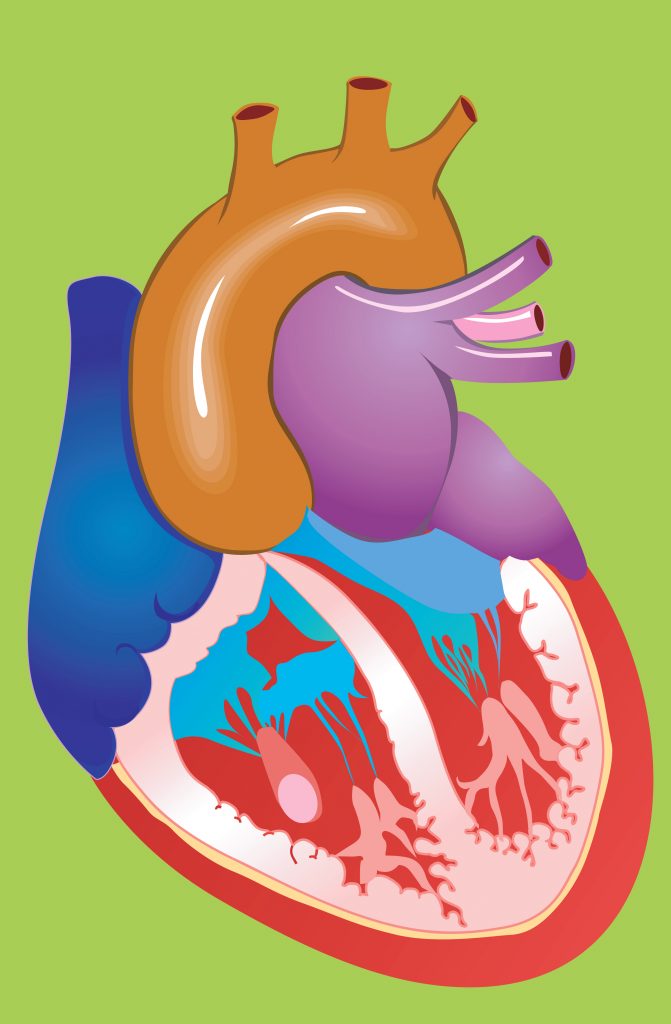 When you suspect a doctor has provided substandard care for a medical issue, it is important to immediately retain the services of a qualified medical malpractice attorney. Quick action is important because time is not on your side when considering a lawsuit. Here is but one example of how waiting can be detrimental to the plaintiff’s case.
When you suspect a doctor has provided substandard care for a medical issue, it is important to immediately retain the services of a qualified medical malpractice attorney. Quick action is important because time is not on your side when considering a lawsuit. Here is but one example of how waiting can be detrimental to the plaintiff’s case.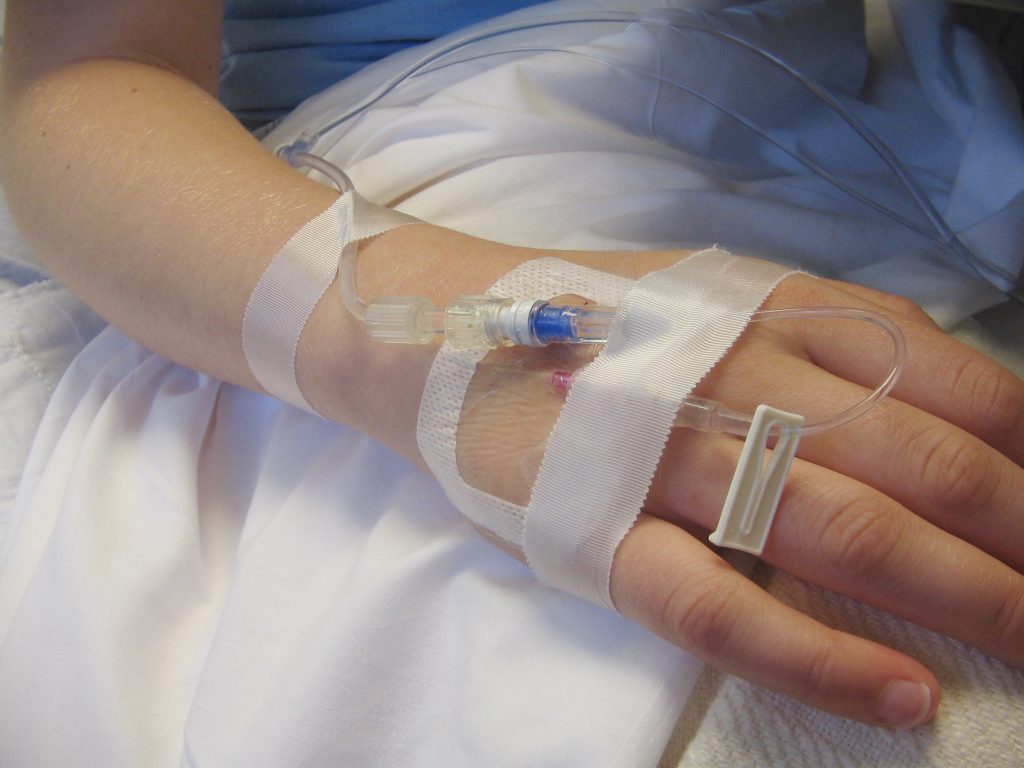 Because of the highly technical aspect of seeking relief from the court system, someone unfamiliar with the legal process can be confused and frustrated by the litigation process. This circumstance can be intensified by the harm done and the matter being litigated. Mr. William Matthews, the surviving husband of Mrs. Geranda Matthews, faced this exact problem when filing a medical malpractice claim against two of his wife’s physicians and Louisiana State University Health Systems.
Because of the highly technical aspect of seeking relief from the court system, someone unfamiliar with the legal process can be confused and frustrated by the litigation process. This circumstance can be intensified by the harm done and the matter being litigated. Mr. William Matthews, the surviving husband of Mrs. Geranda Matthews, faced this exact problem when filing a medical malpractice claim against two of his wife’s physicians and Louisiana State University Health Systems.